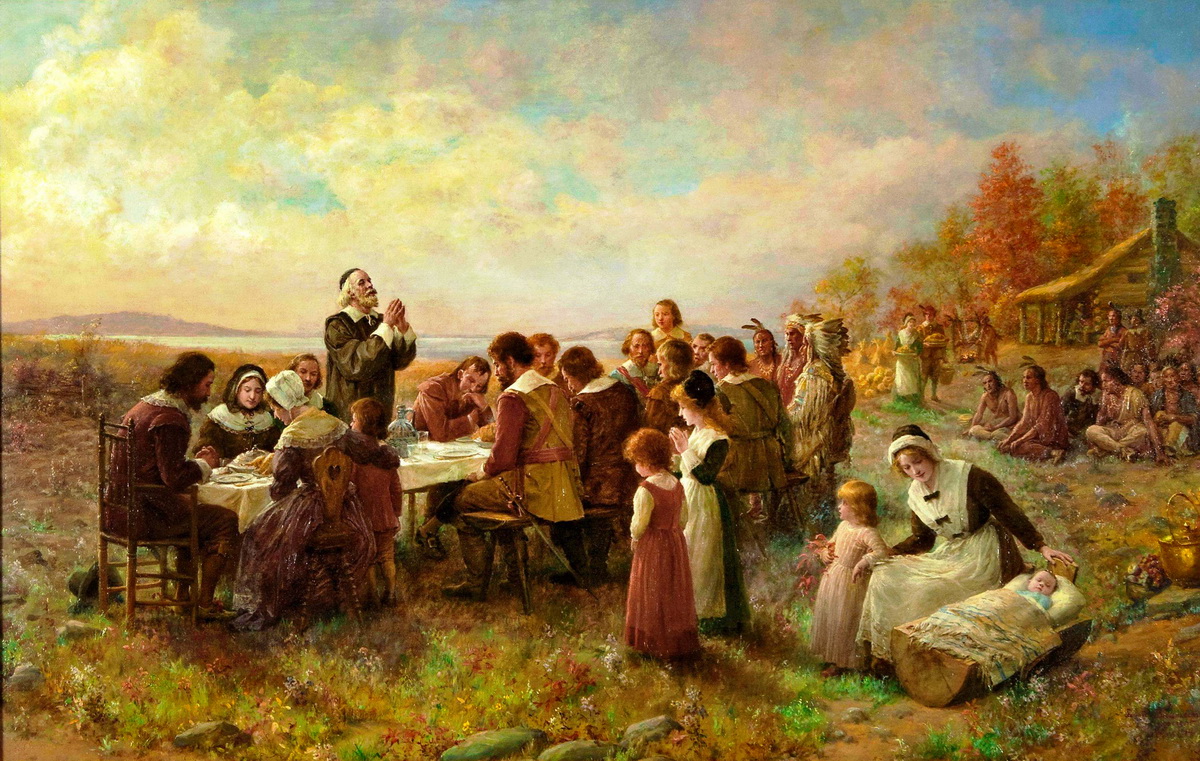They “confessed that they were strangers and pilgrims on the earth.” (Hebrews 11:13)
I love coming home. Whenever I travel, one of the greatest joys after a tiresome journey is to return home. We’ve lived in a few different places, some were nice, and some weren’t so great, but no matter where we’ve lived, I’ve always loved returning there … whether it’s a long trip, or a short stay away. It’s not just the place I’ve loved coming back to, but it’s my family who are there. These are the people who love me the most. It’s also the peace that resides there, and the memories of all that we are as family. It’s all because God is in our home. I’m sure you agree, whether you live in a castle, or a humble dwelling, home is a wonderful place.
In a different way, it seems that almost everywhere we go in the world, I’m trying to think of of a way to live there or stay for a long stretch of time. And we’ve been honored to do it, living outside of the USA for almost 15 years mostly in SE Asia, bonding with the people and culture. I guess, we feel this way because of ministry, and the chance to do something for God, and to reach people for Christ in these places. We have really felt a great sense of being “home” with believers in other parts of the world. It makes me want to stay, and we have places in other nations we call our “adopted homes.”
A Pilgrim People
In August 1620 a group of 103 English passengers left the England. 41 of them were devout “Separatist” Puritans and the rest were common people. The separatists were seeking a land where they could worship freely according to the dictates of their own conscience, wanting to be free from the religious laws of England which required all of English citizens to be members of the official Church of England. This religious group first left England and settled in Leiden, Netherlands for ten years. Here the laws were less strict, but they fearing a loss of their language and their spiritual heritage and culture, decided to return to England to prepare to leave for the New World. In Plymouth, England they boarded a merchant ship called “The Mayflower,” with a second ship called “the Speedwell.” The Speedwell shortly out to sea, sprung a leak and the ship returned to port together with the Mayflower. All of the cargo and all passengers on the Speedwell were transferred to the Mayflower, and with overcrowded conditions, they set sail again. This delay cost them dearly, and they sailed during the stormy season at sea. After 66 days at seas, the captain, Christopher Jones, had veered far north of the intended landing of Chesapeake Bay. The Mayflower arrived to the shores of Cape Cod, Massachusetts in the blustery month of November 1620, and the Puritans remained on board the ship for the entirety of first winter in their new homeland. They suffered greatly, with half of the colonists dying from scurvy, pneumonia, and tuberculosis. Only 5 of the adult women survived.
The faithful called themselves “Saints,” but were later called “Pilgrims” by historians, because they were sojourners seeking out a new home and new freedoms in a land where they could thrive in their faith in Christ. They left behind the possessions and many things dear concerning their life in England, and they would never return. They sought with God’s help to establish a place blessed by the providence of God, where they serve Him unabated as they lived in community with one another, seeking to build a future for their children and for succeeding generations.
An interesting fact concerning the Mayflower …. It is believed that 10 million Americans alive today, and up 35 million people globally, can be traced as direct descendants from the Mayflower colonists.
Genesis Speaks Concerning the Pilgrim Life:
In the book of Genesis, God visited a man named Abram in the desert, and called him to leave his home country and to go to a land of great inheritance. He obeyed. The scripture states that “by faith Abraham obeyed when he was called to go out to a place that he was to receive as an inheritance. And he went out, not knowing where he was going seeking by faith to enter a land of promise, a foreign land, living in tents with Isaac and Jacob, heirs with him of the same promise.” (Hebrews 11:8,9 ESV).
As Abraham walked through the desert, he sought God for his promised possession, but he never found a permanent home while he walked on earth. The Bible says that he died in faith, believing his inheritance was not here on earth, but “he was looking forward to the city that has foundations, whose designer and builder is God.” (v10)
We Need to Remind Ourselves of These Truths: We are a “Pilgrim People.”
Our permanent home is not here on this earth, and we have a greater inheritance reserved for us by Christ, greater than all we can achieve, accomplish, or buy and sell in this life. The scripture also warns about being consumed with our possessions which can sometimes have the effect of obscuring God in our lives. The heart of a “pilgrim” holds homes, lands, possessions, accomplishments and accolades loosely, as he pursues the virtues of Christ, seeking to advance Christ’s agenda.
We must ask … How can we really live as “pilgrims” in the earth? How can we balance our lives in the here and now, yet keeping a perspective of our lives to come in eternity with Christ? This is the great challenge of the life of a pilgrim.










